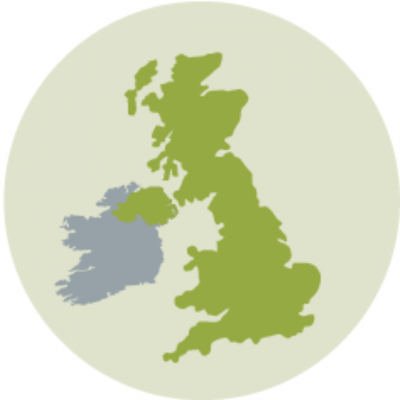Out-of-home food businesses can make a difference by sourcing meat and dairy products with known origin, excellent traceability, and incrementally switch to using animal products produced to ‘better’ standards. Businesses will need to engage with producers and the entire food chain will need to work together to achieve this and find clear ways of communicating it to customers.
For large foodservice companies, developing a comprehensive sourcing policy can really make a difference, while for smaller providers engaging directly with suppliers can be a good strategy.
Sourcing better means:
- Prioritise livestock products that come from animals that have eaten feed from sustainable sources, reduce the amount of cereal and soya fed to animals. Retailers should prioritise meat production from animals fed local feed, including from mixed farms. Request the use of alternatives to crop based foods that could be fed directly to people.
- Support responsible use of farm antibiotics. To best guarantee meat and dairy is from farms which use antibiotics responsibly, move to systems that require less antibiotics e.g. using robust breeds in extensive systems.
- Encourage engagement with suppliers to raise standards and improve animal welfare. Consider switching to products with a credible environment and welfare certification, such as Organic.
- Put sustainability at the heart of all sourcing: focus on seasonal fruits and vegetables, and take steps to source nuts, tropical fruits, cocoa and fish from verifiably sustainable sources.

